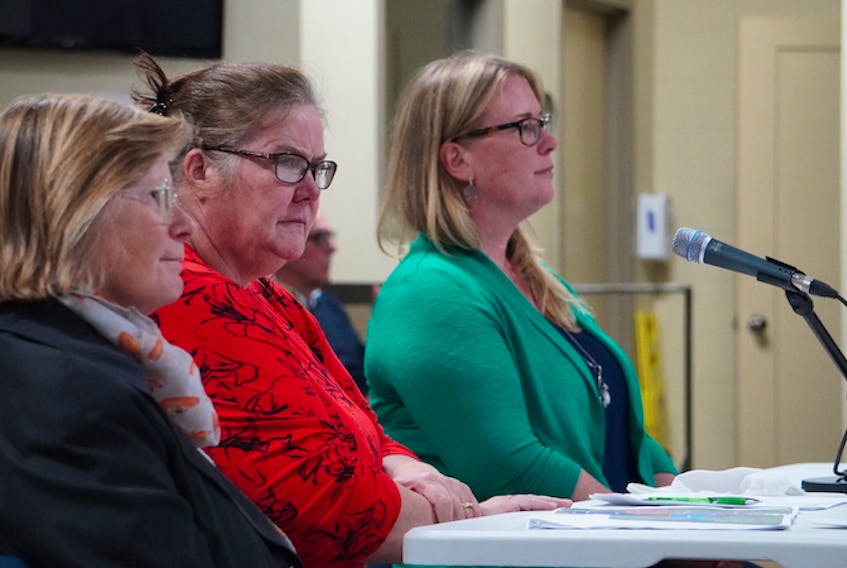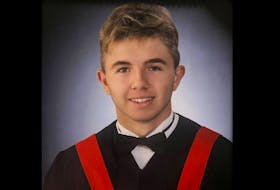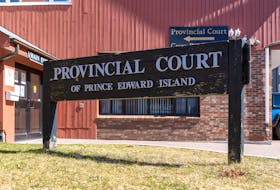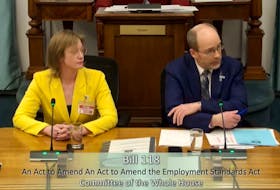THREE RIVERS, P.E.I. — Mayor Edward MacAulay said no matter what kind of ward map Three Rivers ends up with, "there's going to be somebody have problems with it".
Amalgamated in 2018, the municipality decided late last year to shake up its existing electoral boundaries to help shape Three Rivers in the long term. A volunteer commission was tasked to recommend the new system, its directive being to outline eight wards with similarly-sized populations.
However, the resulting recommendation is causing discomfort among council.
First presented during a September meeting, councillors have been raising concerns since, most recently during a committees meeting in Georgetown on Oct. 26.
Their concerns are largely to do with the proposed ward layout and how future councillors would represent the wards.
For instance, the recommendation calls for the Town of Montague to be divided among six wards. However, this means that if all six elected councillors were to come from the rural areas of those wards, then the urban area of Montague would not be represented by someone who lives there.

As well, the recommended wards one and two are split by rivers, meaning councillors would have to drive through neighbouring wards to access all of theirs.
The commission's reasoning for this layout was so each ward would encompass both urban and rural voters, and it's what worked within council's directive and the region's population density.
But Coun. Gerard Holland wondered whether last year's motion for an eight-ward system should be rescinded. At the time, he was in support of having one ward for Three Rivers with eight councillors at large.
"We have an option to pick our poison," he said.
Striking the recommendation down could mean going through the process again unless council opts for a one-ward system in which case a commission isn't required. There's no immediate rush to decide since it wouldn't take effect until Three Rivers' 2022 election.
"Might as well get it right the first time, right?" Coun. Cody Jenkins said.

The idea of having a public meeting to get resident's thoughts before deciding was also discussed. Deputy mayor Debbie Johnston is split down the middle on what the best option is but agreed with MacAulay's sentiment.
"I'm not sure we're going to find a system that's going to please everyone," she said, "if we go back to the drawing board."
Heather MacLean, chairwoman of the commission, also agreed, noting that she doesn't know of many municipal councils that deny a commission's recommendation.
"(This) can't happen every time that something comes back that isn't popular with everyone."
Even though councillors have the final say, she reminded them why the commission was required – because it would be a conflict of interest if councillors outlined a map themselves.
"Council cannot choose electoral boundaries," she said. "If that was the case, then you would have done that in the first process."
MacAulay ultimately interjected the discussion, suggesting council needs more time to explore its options. Council agreed to delay making any decisions until Jan. 2021.

Not the first time
Shortly after its amalgamation, Three Rivers hired a commission to create a remuneration and allowances bylaw to dictate what the mayor, deputy mayor and each councillor would be paid each year for their work.
But, following a series of close votes, council denied the recommendation and ultimately amended it to pay everyone less than what was suggested.
Mayor Edward MacAulay noted it can be hard to get everyone's approval on the current council due to a wide variety of opinions.
"But it's all part of the process," he told The Guardian. "It's kind of unfortunate for the people that do the work and make the recommendations."
Daniel Brown is a local journalism initiative reporter, a position funded by the federal government.









